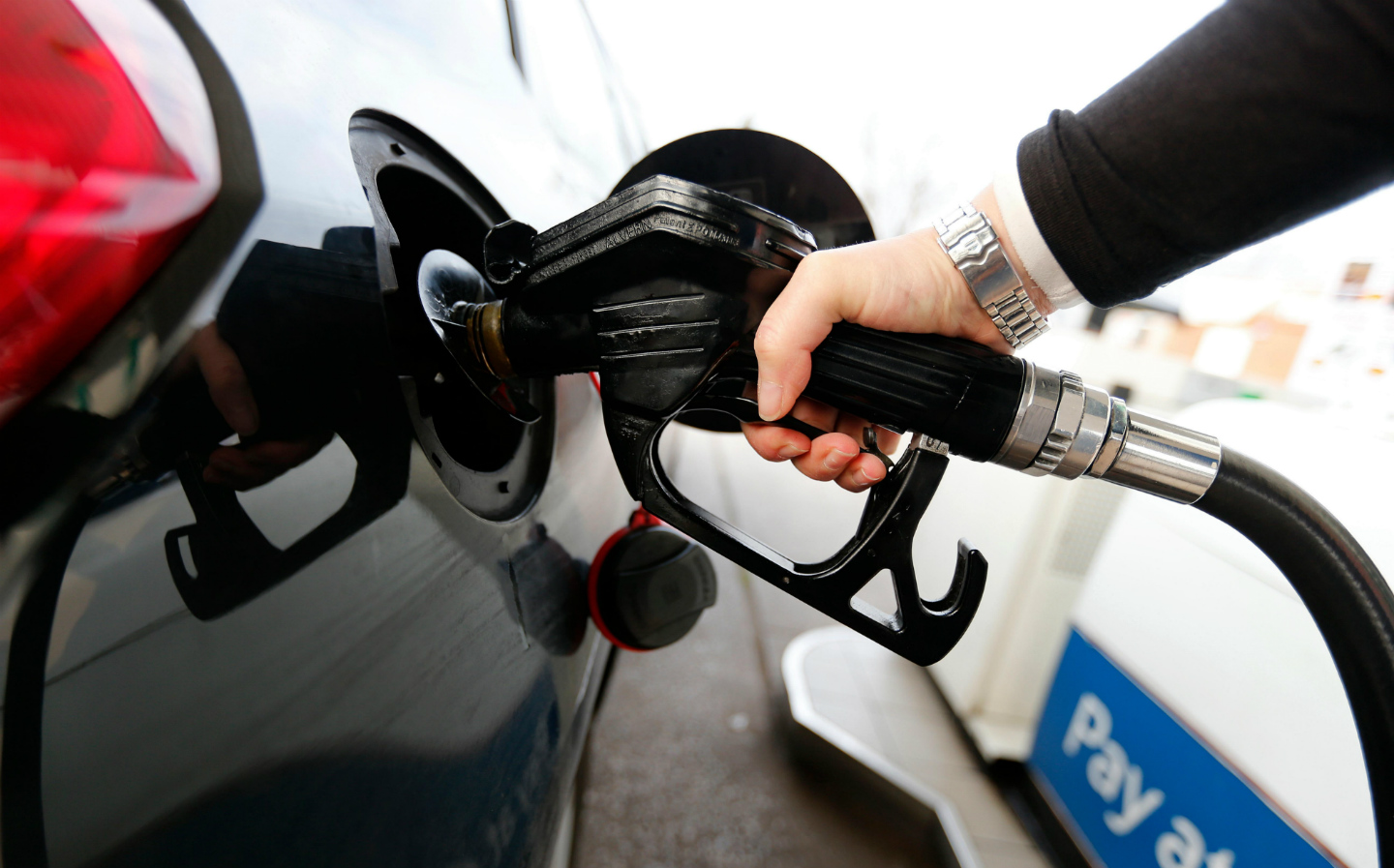Drivers of pre-September 2015 diesels next in line for London mayor's emission charges
The London mayor's clampdown on "dirty diesels" is to step up a gear in 2020
THE mayor of London, Sadiq Khan, says his £10 daily T-charge, or toxicity charge, which was introduced in central London last month for cars built before 2005, is just the beginning. He plans to impose a levy on diesel cars as little as five years old.
From September 2020 owners of diesel cars and vans registered before September 1, 2015, will have to pay £12.50 to enter the so-called ultra-low-emissions zone (ULEZ).
The T-charge is payable on top of the £11.50 daily congestion charge and applies to the same area at the same times: 7am-6pm on weekdays. When the ULEZ takes over from the T-charge, it will also cover the same area, but it will be in force 24 hours a day. The charge for entering the zone in a non-compliant car will be £12.50 on top of the congestion charge. Owners of pre-2005 petrol cars will also pay £12.50 to enter the zone.
Since April consultations have been running on whether to bring forward the introduction of the ULEZ to April 8, 2019, and on whether to expand the zone. An announcement by the mayor is expected tomorrow, November 3.
Khan has admitted that drivers were pushed towards buying diesel cars because they had lower greenhouse gas emissions and that his policy will penalise families who cannot afford a newer car.
Browse NEW or USED cars for sale
He has called on the government to introduce a diesel scrappage scheme aimed at low-income households. As mayor, Khan has the power to set up his own scrappage scheme, but a spokeswoman said he did not have the funding.
Transport for London (TfL) says that on current estimates about 40,000 drivers a day will pay the £12.50 charge, but the number could fall as some change cars to avoid it. Over a month, more than 160,000 motorists will be charged at least once.
Edmund King, president of the AA, said diesel drivers face lower resale values because of the charges. Van drivers will be hit hardest, he added, as some models did not have petrol-powered versions and many owners could not afford the latest diesel models. He said that 41% of AA members drove diesel cars but only 16% intended their next car to be diesel.
Ben Webster
This article first appeared in The Times
What are the London T-charge and Ultra Low Emission Zone, and is my car affected? (updated)





